
THIS TOWN: Sinatra Biographer James Kaplan Discusses Frank’s Relationship with Hoboken
There’s a lot to be said about Frank Sinatra—just ask author James Kaplan. His tandem biographies on “Hoboken’s gift to the world”—Frank: The Voice and Sinatra: The Chairman (Random House)—are two of the most in-depth explorations of Frank’s life.
“Although [the two books combined] total 1,700 pages, it could easily have been four to five thousand,” says Kaplan. “It was quite a task, but I tried to give a comprehensive view of one of the most amazing American lives ever—a life that not only coincided with ‘the American Century’ but also touched on so many aspects and personalities of that century.”
Kaplan recently appeared at the Hoboken Historical Museum (1301 Hudson Street), before joining author Pete Hamill (Why Sinatra Matters; Little, Brown and Company) and writer Will Friedwald for a roundtable discussion of Sinatra’s life at Little City Books (100 Bloomfield Street), moderated by Bob Santelli, Executive Director of the Grammy Museum.
“I love Hoboken,” says Kaplan. “I love what it was, and I love what it is now. It’s a great place.”
Of course it’s changed a bit over the years…
“Frank is born on Monroe Street on December 12, 1915, and this is at a point when if you’re walking around Hoboken you’d be walking on cobblestone streets with horsedrawn carriages. You’d see a few motor vehicles, but really it was just a stone’s throw from the 19th century,” says Kaplan.
“It was a totally different world, and that little square mile of Hoboken was a very small place. I think that despite the fact that it was a small place, Frank felt that he had to go to great lengths to conquer IT, before he could conquer Manhattan—and in certain ways I’d say he never really did conquer Hoboken. He had very mixed feelings about his hometown.”
Sinatra’s relationship with Hoboken was certainly complicated.
“There’s something about coming from a small-town hometown and making it really big that is uncomfortable for both the place of origin and the star,” says Kaplan. “The place of origin reveres the hometown boy or girl made good, but it reveres that person on its own terms, and there’s a certain condescension about that—’we knew him when’; ‘oh, he’s gotten too big for his britches, he doesn’t come around here anymore, he looks down on us.'”
 Of course when Frank needed the most support, as his world was crumbling in the post-WWII era, Hoboken was the source of one of his more embarrassing performances.
Of course when Frank needed the most support, as his world was crumbling in the post-WWII era, Hoboken was the source of one of his more embarrassing performances.
“He was down on his luck, his marriage to Ava Gardner was heading south, his career was in the toilet, and he did this benefit as a favor to his father Marty for the firemen at the Union Club (600 Hudson Street). He hit a few bad notes, because he was under-confident, and they began to heckle him and boo him and throw stuff at him,” says Kaplan. “He stomped out and he swore he would never return to Hoboken again. It was a long, long time before he came back.”
Frank’s beef with Hoboken was certainly ugly.
“There’s that terrible story about the time when he was flying over Hoboken in a plane and when somebody pointed out Hoboken down below he spat at the window,” says Kaplan. “Sinatra had a temper—if you crossed him, he crossed you off his list. I think it’s to Hoboken’s credit that it was not permanent in this case. He did eventually come back—he came back to campaign for Ronald Reagan in 1980, he came back to forgive his godfather. He came back a few times after that. It was rare for Frank to forgive anyone whom he felt had crossed him.”
As Hoboken embraces all things Frank for the upcoming Sinatra Centennial, celebrating his 100th birthday, one can’t help but wonder what Frank would think of it all.
“My instant reaction is that he’d feel tremendously honored and vindicated. I think it would mean the world to him that that park, being down on the river right about where he would sit and dream about how great he would become, is named after him,” says Kaplan.
“He was always an edgy guy, no matter how great he became, how rich he became, how famous he became. This is a guy who was tremendously insecure, practically right out of the womb. He was a little man, he was an Italian-American—I think the prejudice that was rife during his upbringing had stamped itself on his entire life.
“We should never forget that this was a man with musical talents of a Mozartian level. It’s just absolutely the truth—it’s not hyperbole. So you have a musical genius on the level of Mozart walking around on the tough streets of Hoboken with tough friends around him and he could never really let on how brilliant he was, how high-strung he was, how overly sensitive he was, how fearful he was, how insecure he was. All those things stayed stamped in him, and I think Hoboken, for good or for ill, was a big part of that.”


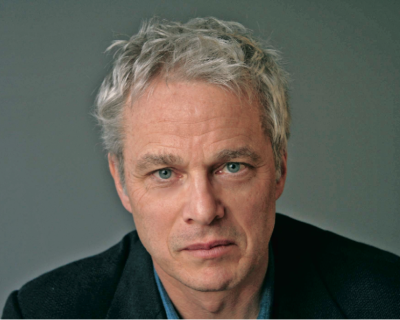

 Previous Article
Previous Article Next Article
Next Article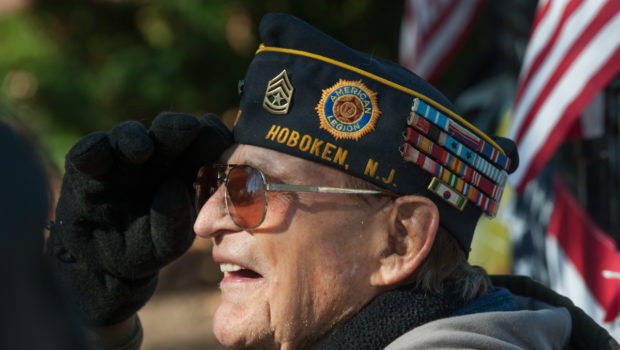 Hoboken’s Vincent Wassman Has Passed Away
Hoboken’s Vincent Wassman Has Passed Away  FRIDAYS ARE FOR FRANK: “The Way You Look Tonight”
FRIDAYS ARE FOR FRANK: “The Way You Look Tonight” 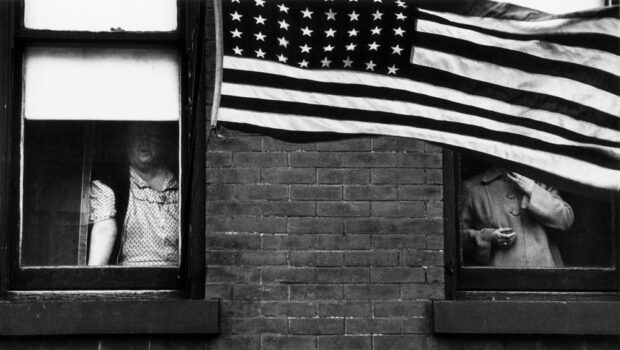 THE AMERICANS: Photographer Robert Frank Has Passed Away
THE AMERICANS: Photographer Robert Frank Has Passed Away 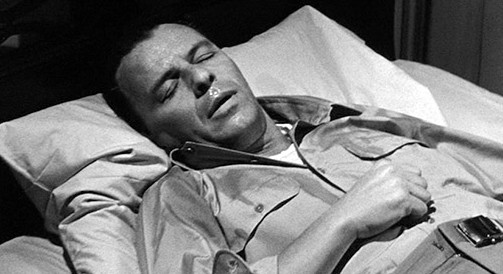 FRIDAYS ARE FOR FRANK: “Frank Sinatra Has A Cold” (Coronavirus Edition)
FRIDAYS ARE FOR FRANK: “Frank Sinatra Has A Cold” (Coronavirus Edition)  MADE IN HOBOKEN: Explore Inventions from the Mile Square at the Hoboken Historical Museum — SUNDAY, OCTOBER 28th
MADE IN HOBOKEN: Explore Inventions from the Mile Square at the Hoboken Historical Museum — SUNDAY, OCTOBER 28th  MAXED OUT? Once Hoboken’s Iconic Music Venue, Maxwell’s Has No More Music
MAXED OUT? Once Hoboken’s Iconic Music Venue, Maxwell’s Has No More Music 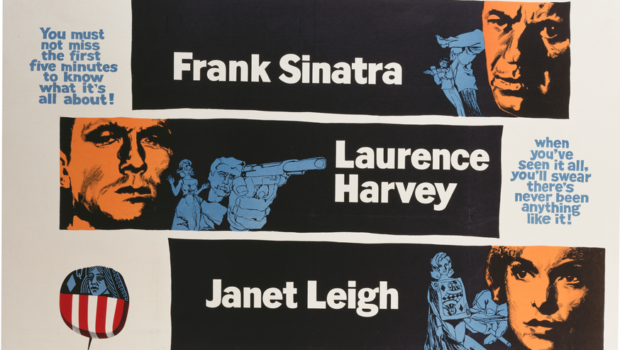 FRIDAYS ARE FOR FRANK: “The Manchurian Candidate” — Korean War Thriller Remains Disturbingly Relevant
FRIDAYS ARE FOR FRANK: “The Manchurian Candidate” — Korean War Thriller Remains Disturbingly Relevant 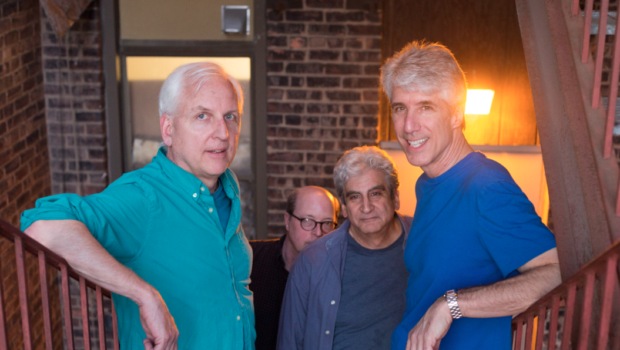 BAR/NONE RECORDS: Three Decades Is The Magic Number
BAR/NONE RECORDS: Three Decades Is The Magic Number